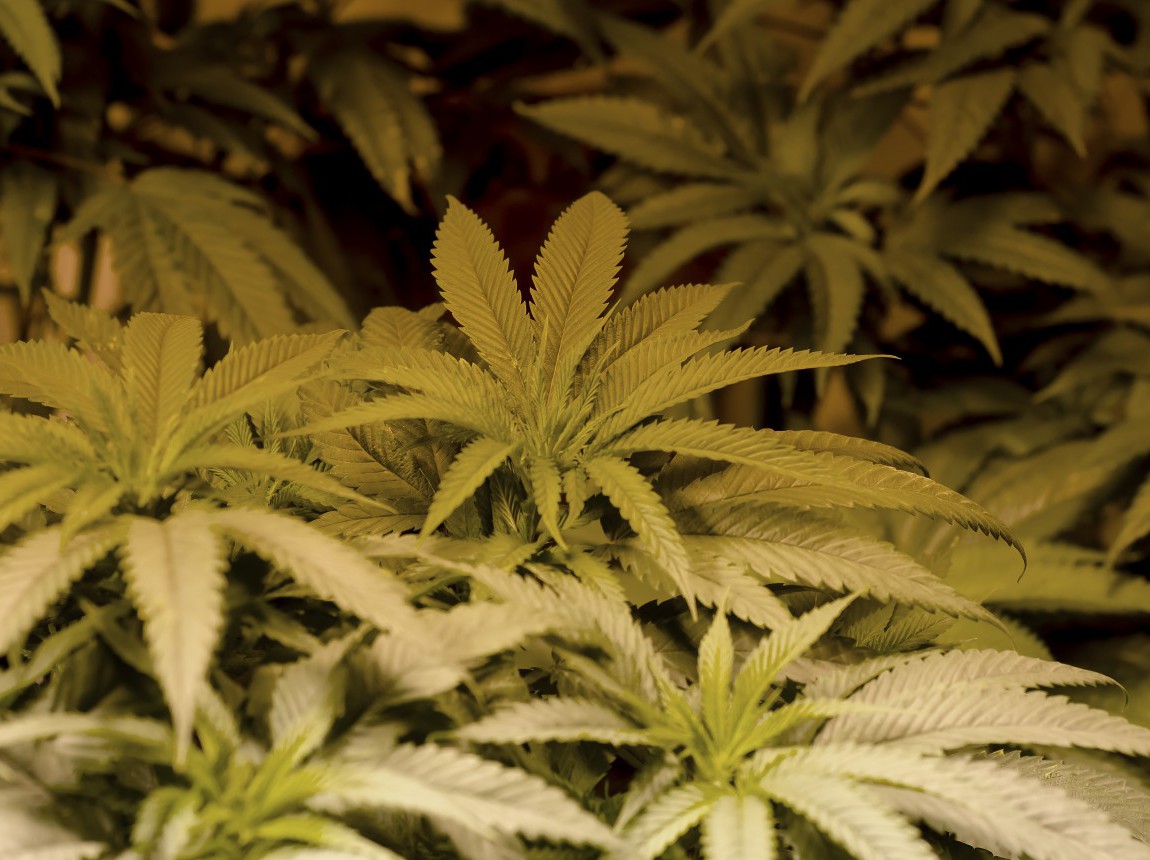Psychedelic experiences might "cure" smoking & OCD
Should we allow them?
+ Mark A. R. Kleiman
In a recent article on Vox, Mark Kleiman, the Director of the Crime and Justice Program and a Professor of Public Policy at the NYU Marron Institute of Urban Managment, reports on some medical, and non-medical, uses of psychadelic drugs and the policies needed to monitor their usage.
The medical uses of psychadelics are widespread:
Medical researchers are finding that these substances may have value in managing pre-death anxiety and treating problems ranging from obsessive-compulsive disorder (OCD) to the debilitating kind of headache known as "cluster headache," and there is renewed research (following up on older studies) on their effectiveness in treating alcohol abuse disorders. One striking feature of psychedelic therapies is that just a few episodes are required to achieve long-term effects: The smoking study involved only three guided "trips."
The drugs also provide striking non-medical benefits:
In surveys after receiving psilocybin, the answers of about two-thirds of the participants suggested their session reached the heights of a "mystical" or "unitive" or "transcendent" experience, as measured by an established set of psychological rating scales. [...]
Indeed, at a two-month follow-up, about two-thirds of the study participants still regarded their day with psilocybin as among the five most personally meaningful and spiritually significant of their lives (on the level of the birth of a child); about one-third recalled it as the single most meaningful and significant.
Despite these potential benefits, there remain many legal hurdles. Part of the problem is that "in terms of the uses to which they can be put, the harms they create, and the risks they pose, [psychadelics] bear only a vague resemblance to the drugs current drug policies were designed to handle."
But even as new evidence comes in, public and official attitudes toward the psychedelics, and their legal status, remain largely stuck in the '60s. Getting our approach to those drugs right this time will require freeing ourselves both from stereotypes rooted in the tie-dyed, bohemian world of Hair and from the categories created by current drug laws and used in the debates about those laws — in particular the notion that all drug policy comes down to "prohibition" versus "legalization."
To read the full article, click here.

